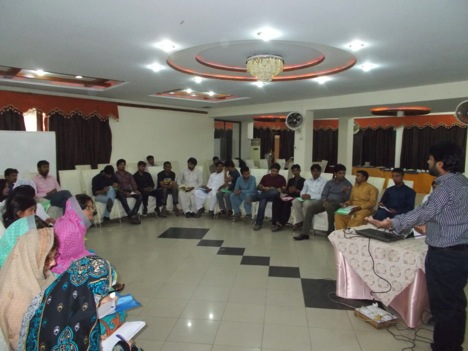A note recently made by P. Vértesaljai László, S.J. is addressed to all of us who are affected by the fate of the immigrants massively arriving at Europe: “we should not adjudge them, based on what they do, or what they omit to do, but based on what they suffer from“ (Radio Vaticano). First we can grasp warning that we should not evaluate the deed of those who come to us in a utilitarian way. It does not matter what are the consequences of what they do, or how much they are successful. It is more momentous to realise the intention that works in their heart. We cannot admit to have moral assessment unless we correlate the deed of our fellow creature to their duties.
It is even more important that we cannot stop at the stage of deontology in ethics while making judgments. To make an appraisal – to praise or contempt someone (pretiare – dispretiare) – does not seem to be sufficient. This is because the other party has born pain what should be reasoned. Man that is born into this world between sweet tribulations obviously meets constraints again and again. Even high majesties cannot avoid facing inconvenience, bearing troubles, or even suffering from hardship. Why is then that we have been born into this world? Once we are subject to injustice, it may cause our partner to entertain sympathy, or pay attention at lest. Distress is pointless unless it is communicated to the fellow creature who leans over his or her party that is miserable. This fellow creature can just be considered a man or woman because he or she realises troubles of the other, and is induced to show sympathy with them. Suffering is thus a matter of sociable persons, like everything is gregarious that is important in personal life.
We may be affected, learning from the troubles of our fellow creatures. It is not the question longer that our partners will be adjudged, based on what they have done. It will even be irrelevant that the other person can be confronted with his or her duties, and that he or she may be in arrears. These circumstances are important for the purpose of making mere evaluation. They do not constitute acting evaluation, however. The latter cannot appear, but in empathy. May those be blessed who do not look at his or her partner, and at what they have done, while refraining sympathy from their judgment. Pope Francis is addressing this warning to European Christians who meet refugees and other immigrants in these difficult days.




Leave A Comment
You must be logged in to post a comment.